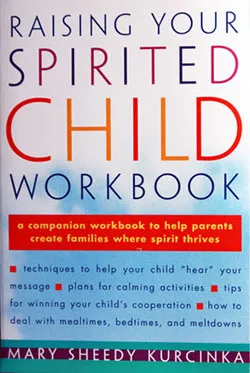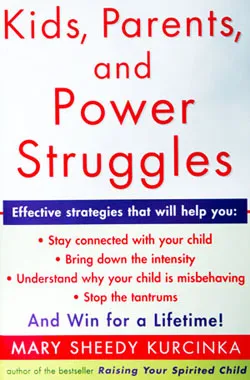4 Strategies to Help You Reduce Stress and Frustration

4 Strategies to Reduce Stress and Frustration
The demands of being a parent can feel relentless. Frequent meltdowns wear you down, and leave you feeling powerless to stop them, but you are not.
Today, Lynn and I offer you four effective strategies to lower stress by preventing some of the meltdowns from occurring in the first place. You’ll never get to zero meltdowns, that’s not realistic, but reducing the frequency from ten to five makes everyone feel better.
Children don’t like to feel out of control either. Fortunately, all of the strategies are within your “sphere of control.” Your response truly can change your child’s.
The strategies are:
- Change the environment
- Use actions more than words
- Change “no,” to “yes.”
- Choose your battles.
CHANGE THE ENVIRONMENT: One of the easiest things to do to reduce frustration is to change the environment.
- If, despite your repeated direction to stop, your toddler keeps going back to the plant, move the plant.
- When children are failing to hang up clothing because there are no hooks they can reach – put up the hooks.
- When children refuse to pick up their toys, instead of getting angry, reduce the number of toys available at one time, so the task is not overwhelming. Add to the effectiveness by making it a practice to put those toys away in their basket, before beginning the next activity.
- The battery-operated toy is driving you wild, remove the batteries.
USE ACTIONS MORE THAN WORDS: When your child is not “listening,” stop attempting to direct her from ten feet away with words. Instead act.
- If you want your child to stop, GO TO HER, then say, “Stop,” and help her stop.
- When your child has ten more minutes before it’s time to stop doing what he is doing, GO TO HIM, get eye contact, set a timer, and clarify what he needs to complete to be ready to stop.
- Your child is a runner. You know it. Before you ask him to come to you, go to him, take his hand, then tell him it is time for bed. He cannot run away when you already have a hand on him.
- Let words support your ACTIONS. This is especially true if your child is a toddler. Developmentally everything in a toddler’s brain is screaming, “Do it! Try it! Find out what happens!” Words alone never stop toddlers!
CHANGE NO TO YES: Yes, keeps everyone calm – even when a child must wait a bit to get what he wants.
- Your child wants your help. You are busy feeding the baby. You can still say, “Yes, I will help you as soon as I finish feeding the baby. What do you want to do while you are waiting?”
- Your child is jumping on the couch. Before you yell at him to stop, think of a yes. “I see you want to jump. We jump on the trampoline; I’ll help you go there.”
- Your child is throwing toys. “I see you want to throw – throw this ball or throw the toys into the basket.”
- Your child is writing on the walls. “You want to write, let’s go write on the sidewalk, or get you a big piece of paper. We don’t write on walls.”
CHOOSE YOUR BATTLES: If a behavior is NOT unsafe, hurtful or disrespectful to self, others or the environment is it worth the energy you’ll need to expend if you say, “No,” or try to stop it?
- Your family is having a great time roasting marshmallows. Your five-year-old wants a second one. Typically, you would say, “No,” but is it worth the battle? It’s not like you have a campfire every night. Unless more sugar poses a health issue, why not? Save your “no,” for the important matters.
- Energy is limited, preserve it for the behaviors that truly do need to be stopped. Your overriding goal is to keep everyone’s stress levels in check. These four strategies conserve energy and increase the odds of compliance without the blow-ups.
For additional information on reducing the stress related to power struggles, check out my book "Kids, Parents and Power Struggles.
Display All Posts
Search by Topic:
Popular Posts:
- When your child yells at you: Expecting and Coaching respectful behavior
- 5 Tips to Stop the 'Strike out Tantrums:' Hitting, Biting, Kicking and Name-calling
- Why is my child suddenly clingy?
- Ten Steps to a Peaceful Bedtime for Your Spirited Child
- When Your Child’s Meltdowns Might Ruin Vacation






